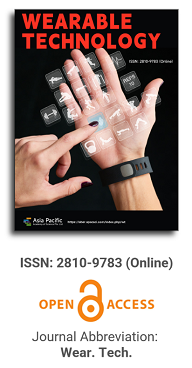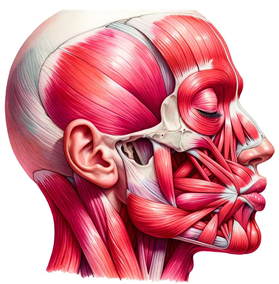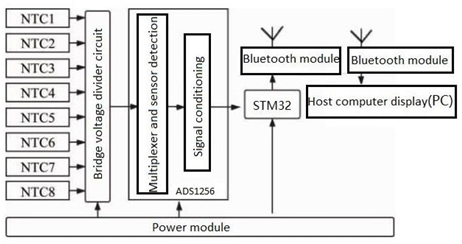

This paper delves deeply into the innovative realm of integrating human emotions with wearable technology. The primary focus is on the conceptualization and development of a kiss transfer device that harnesses the power of wearable technology to bridge the physical gap in human-human interactions. By investigating the intricate nuances of the human-human kissing process, the research seeks to replicate this intimate gesture through a technological medium. The paper not only elaborates on the anatomy, evolution, and hormonal dynamics of kissing but also underscores the transformative potential of wearable technology in capturing and transmitting these intimate moments. This exploration opens up new horizons for long-distance relationships, offering a tangible touchpoint that goes beyond traditional communication methods. Through this pioneering work, the research positions wearable technology as not just a tool for communication but as an extension of our human emotions and expressions.

Editorial
Vol 1, Issue 2, 2020
Download PDF
Abstract
Implants are medical devices designed and manufactured to enhance an existing biological structure, support a damaged biological structure, or even replace a missing biological structure. They are extensively used in surgery all around our bodies, such as limbs, ears, mouth, etc.
Prof. Kátia de Freitas Alvarenga from São Paulo University located in Brazil was invited to write an implant-related article for Wearable Technology. Her team showed us a story about the function of cochlear implant in hearing impairment caused by Kearns-Sayre syndrome (KSS). The effects of AASI (a kind of individual sound amplification devices) were compared in a pair of twin sisters.
Oral implants, calcaneo-stop implants and pacemakers related research were also collected in this issue. Implants research in English speaking developed countries are spread all over the world. Here, we hope to help researchers know more about the implant-related research situation in Spanish speaking countries.
Managing Editor
Dr. Yina Xu
References
Supporting Agencies
Copyright (c) 2020 Yina Xu

This work is licensed under a Creative Commons Attribution 4.0 International License.

Prof. Zhen Cao
College of Information Science & Electronic Engineering, Zhejiang University
China, China
Processing Speed
-
-
-
- <5 days from submission to initial review decision;
- 62% acceptance rate
-
-
Asia Pacific Academy of Science Pte. Ltd. (APACSCI) specializes in international journal publishing. APACSCI adopts the open access publishing model and provides an important communication bridge for academic groups whose interest fields include engineering, technology, medicine, computer, mathematics, agriculture and forestry, and environment.





